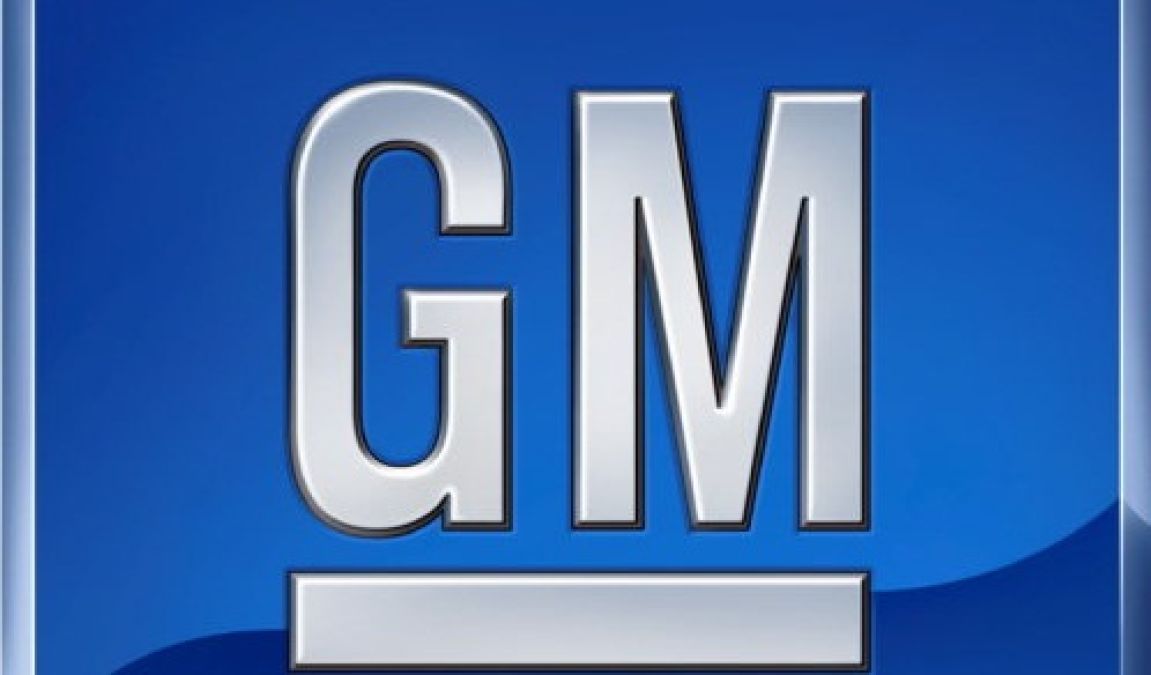Both General Motors and the US Government have faced more than their share of criticism after the automaker “paid off” the massive $49.5 billion government loan issued in 2009 with stock. The idea was that the government could hold onto said stock for a while and then sell it at a profit, thus making money on the bailout loans rather than just breaking even on a straight repayment. It probably seemed like a good idea at first but with the price of that stock dropping well below the $33 IPO pricing in the years following, the government ended up losing a substantial amount of money when they began selling off the GM stock. Things improved slightly as the government sold off stock and prices rose but the losses felt through the earlier sale of GM stock made it pretty much impossible for the government to break even – let alone turn a profit.
Through the sale of GM stock to date, the US Government has effectively recovered $38.4 billion of the original $49.5 billion awarded to the automaker and each time the Feds have either sold GM stock or announced plans to sell more GM stock, the value of GM stock has risen. Because of this, the shares sold more recently have come at a price higher than the $33 issue price which means that, technically, the government made money on those shares and they will continue to do so as they sell off their final portion of the automaker. Unfortunately with a price nearing $38 per share, the remaining stock is only worth about $1.2 billion so barring some unprecedented jump in GM stock pricing, the taxpayers are likely to lose about $10 billion through the government loans accepted by General Motors.
The good news is that with the US Government’s plans to sell off the remaining portion of General Motors stock by the end of 2013, the whole ordeal will finally be finished. GM will forever have to face the criticism that they “cost the government $10 billion” but being able to assign a number to that criticism will mean that it wont get any worse. Based on the earlier sale of stock, the government was looking at a significantly larger loss but the steady rise of GM stock value over the past few years has cut that number down quite a bit.
In the long run, it is incredibly shortsighted to look at the bailout loan issued to General Motors and proclaim that it was nothing more than a $10 billion dollar mistake by the US Government. That loan (and the one issued to the Chrysler Group) helped to not only save jobs at the two massive automakers and countless smaller companies depend on their cooperation with the automakers but it also helped to get the US economy back on track. Think of that $10 billion as how much it cost the government to fix the Great Recession and whether you agree with the policies of the current administration, there is no question that this country is much stronger now than it was when those bailout loans were issued in 2009 – and those loans played the biggest role in making that happen.






Comments
Good perspective. The
Permalink
Good perspective. The counterpoint would be that had GM failed Ford, Toyota, and the other automakers might have added share, hired workers, sent orders to the suppliers GM used to use and the economy might have recovered. Might being the important word.
Wow, I wish I could afford to
Permalink
Wow, I wish I could afford to lose "only" $10 billion.
Who is left with controlling
Permalink
Who is left with controlling shares then? The UAW?